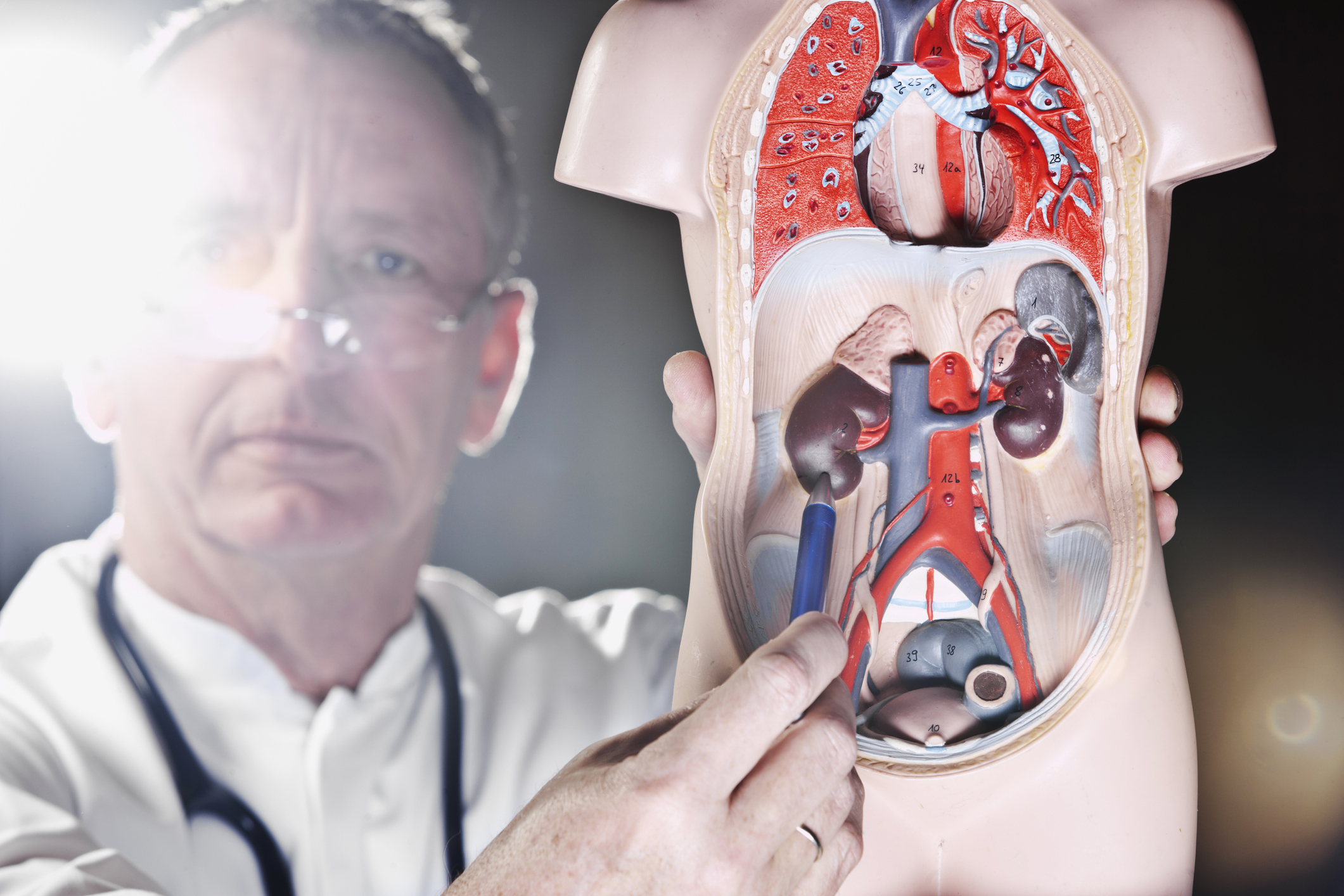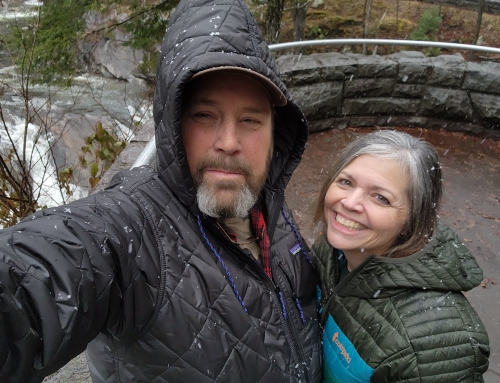By Michael Ramirez
The worst day of my life became the best day of my life. ”Your kidneys are failing,” my physician said to me. My first thought, “What does that mean?” My doctor confirmed, “You need to see a specialist.” I learned that a nephrologist is a kidney doctor, and that was the type of specialist I needed. I trusted my doctor so I asked, “Who should I see? Who do you trust?” My doctor referred me to his choice of nephrologist—and so I made an appointment right away. If your doctor says you need to see a nephrologist, don’t wait months to make the appointment. Some people will research the different nephrologists in the area, look at patient reviews, look at the distance to their office and identify the types of treatment they do. And then make an appointment. That is a good way to do it too; just don’t wait too long.
During our first appointment, the nephrologist explained what could happen and that my kidney function was deteriorating. I asked questions so that I would understand clearly what he told me. Make sure you ask questions while you are at the appointment—it is much harder to call the office after you are back home to try to talk to your doctor. Barring a miracle, I was told my kidneys would fail within a matter of time. That was hard to hear, and I had to force myself to listen closely. It is easy to zone out when given serious news and then to miss much of what was being said. Take someone with you to your appointment if you can or at least take notes. The nephrologist laid it on the line for me, and I took it to heart and knew I would follow his instructions! People forget a lot of what they hear, so always ask your doctor and health care team to give you written instructions.
I believe your health depends on establishing a trusting, respectful and knowledgeable relationship with your medical professionals. This includes your general practitioner, nephrologist, dietitian, social worker, behavioral health provider, nurses, technicians and the end-stage renal disease community. They assisted me in my next phase of well-being. It is important to accept and provide yourself the time to face the shock and disbelief that your life, as you knew it, is changing. You may be sad and angry at what you cannot do or what you need to change in your daily life. You will become a new person, and your old way of life will be over. You must change, you must adapt and you need to retrain yourself to have a good life—the quality life you deserve.
The result of your efforts will be that you are still ALIVE! And that, my fellow patient, says it all!





